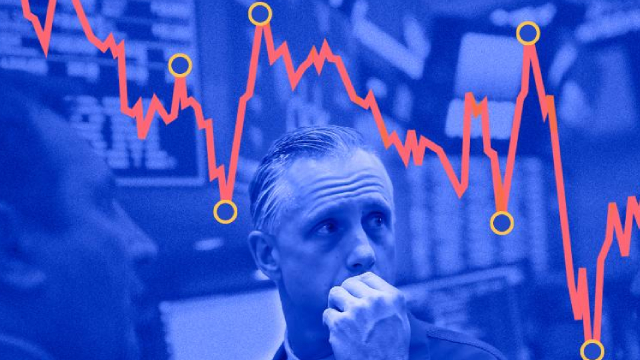Invesco ESG NASDAQ Next Gen 100 ETF (QQJG) — ()
Key Metrics
News
Investors Still Prioritizing ESG
Published: by:
Sentiment: Positive ()
The fanfare and hoopla surrounding environmental, social and governance (ESG) investing seen several years ago has largely waned, but that doesn't mean ESG and sustainable investing principles are no longer …
Read More
ESG ETFs Can Reduce Risk
Published: by:
Sentiment: Positive ()
Investing involves risk. That's just the lay of the land.
Read More
ESG Investing Quietly Finds New Life
Published: by:
Sentiment: Neutral ()
Just a few short years ago, ESG investing was front-and-center in the asset allocation conversation. Right or wrong, that attention drew political scrutiny in the U.S. That prompted temporary repudiation …
Read More
Big Investors Still Supportive of Sustainable Investing
Published: by:
Sentiment: Positive ()
Much of the vitriol aimed at environmental, social and governance (ESG) investing appears to have died down — a positive for multiple reasons, not the least of which is that …
Read More
An Interesting Catalyst Could Renew Interest in ESG ETFs
Published: by:
Sentiment: Positive ()
In a perfect world, U.S. presidents wouldn't affect how advisors and investors select ETFs. But that perfection is hard to find.
Read More
ESG Investing Not as Controversial as Meets the Eye
Published: by:
Sentiment: Positive ()
It's often said that voters have short attention spans, and the same is arguably true of politicians. The confluence of both factors could prove to be a source of encouragement …
Read More